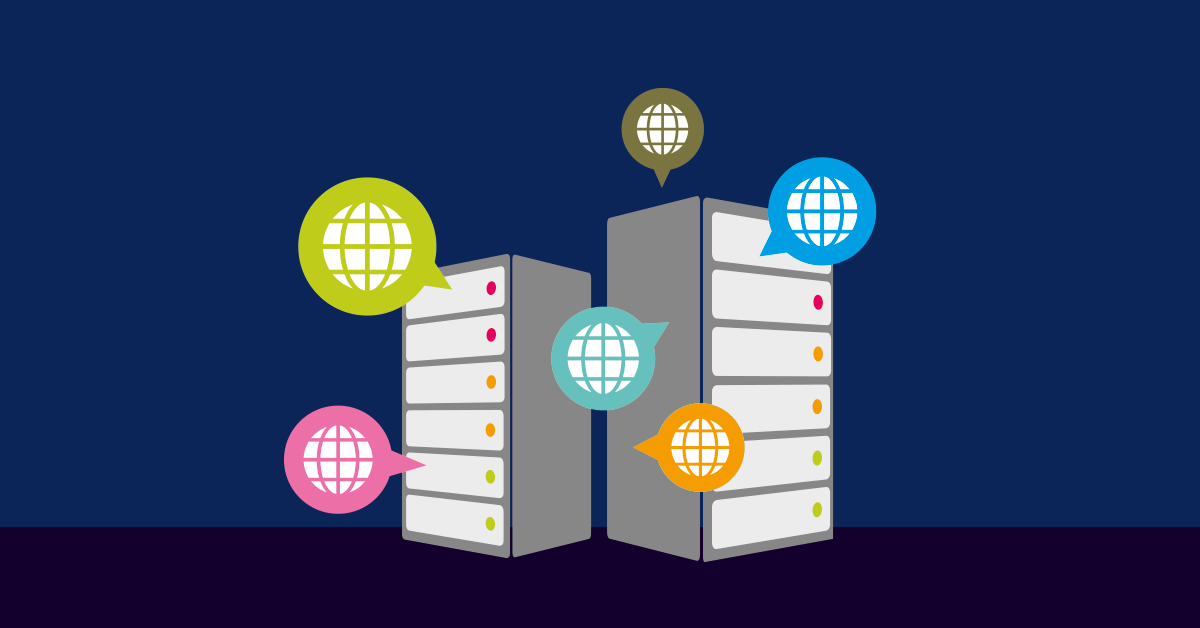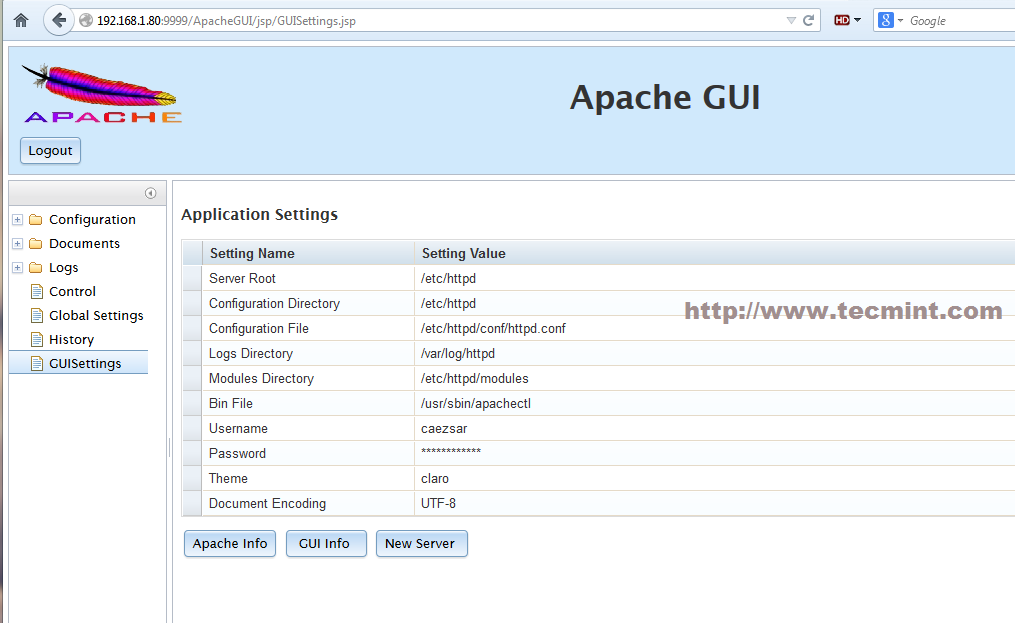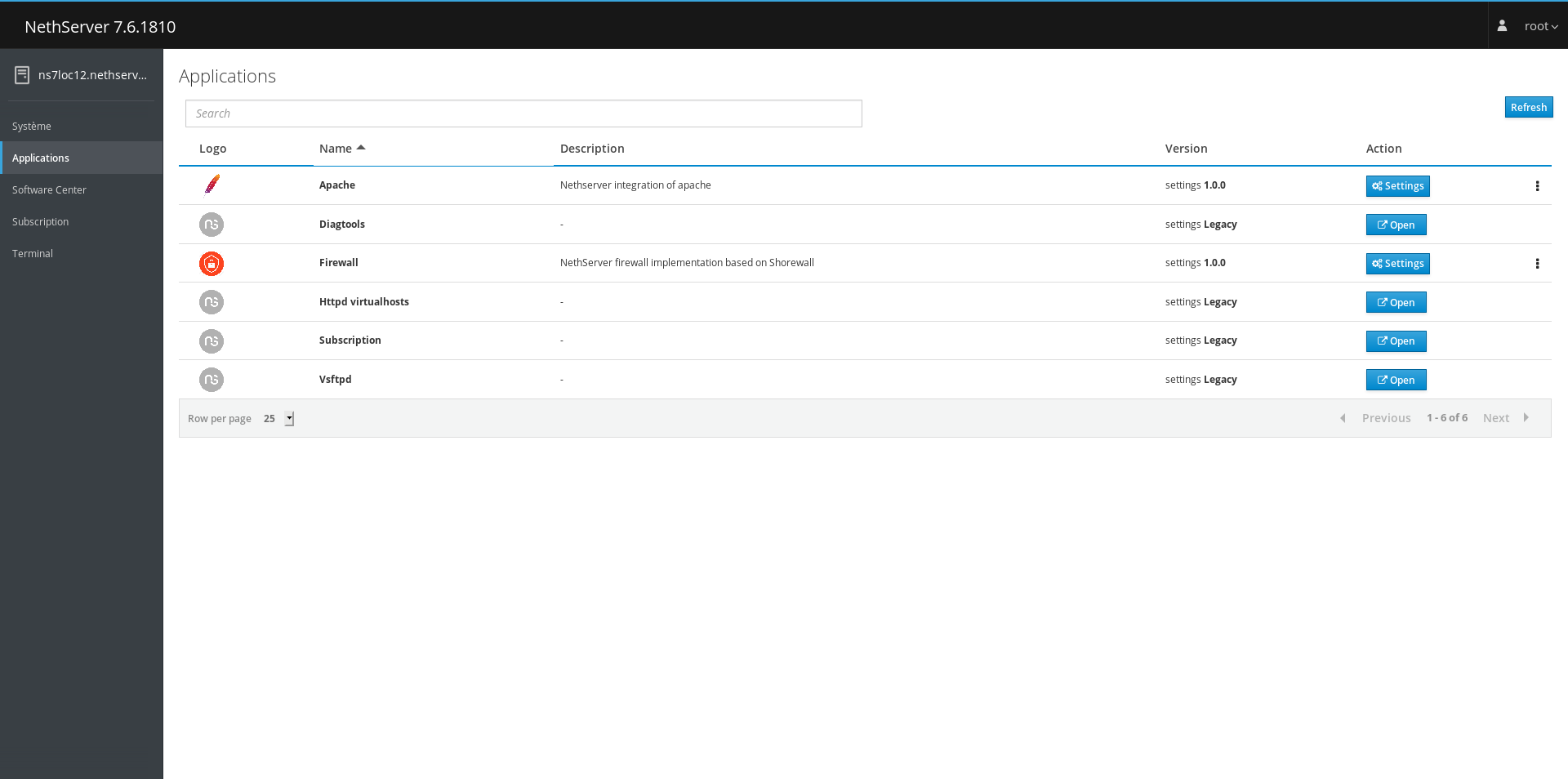- Apache Httpd Servertokens
- Make Apache Server Https
- Apache Http Server Uninstall
- Netscape Enterprise Server
- Apache Software Foundation
- The Apache HTTP Server is the top choice of users looking for an easy-to-use yet powerful Web server on Softpedia as well as worldwide. Started back in 1995, the project has quickly escalated into.
- The Apache HTTP Server provides a variety of different mechanisms for logging everything that happens on your server, from the initial request, through the URL mapping process, to the final resolution of the connection, including any errors that may have occurred in the process.
What is Apache Web Server?
Apache HTTPD is an HTTP server daemon produced by the Apache Foundation. It is a piece of software that listens for network requests (which are expressed using the Hypertext Transfer Protocol) and responds to them. It is open source and many entities use it to host their websites. In Red Hat Enterprise Linux, the httpd package provides the Apache HTTP Server. Run the rpm -q httpd command to see if the httpd package is installed. If it is not installed and you want to use the Apache HTTP Server, run the following command as the root user to install it: #.
Apache HTTP Server is a free and open-source web server that delivers web content through the internet. It is commonly referred to as Apache and after development, it quickly became the most popular HTTP client on the web. It’s widely thought that Apache gets its name from its development history and process of improvement through applied patches and modules but that was corrected back in 2000. It was revealed that the name originated from the respect of the Native American tribe for its resiliency and durability.
Now, before we get too in depth on Apache, we should first go over what a web application is and the standard architecture usually found in web apps.
Apache Web Application Architecture
Apache is just one component that is needed in a web application stack to deliver web content. One of the most common web application stacks involves LAMP, or Linux, Apache, MySQL, and PHP.
Linux is the operating system that handles the operations of the application. Apache is the web server that processes requests and serves web assets and content via HTTP. MySQL is the database that stores all your information in an easily queried format. PHP is the programming language that works with apache to help create dynamic web content.
While actual statistics may vary, it’s fair to say a large portion of web applications run on some form of the LAMP stack because it is easy to build and also free to use. For the most part, web applications tend to generally have similar architecture and structure even though they serve many different functions and purposes. Most web applications also benefit from Firewalls, Load Balancers, Web Servers, Content Delivery Networks, and Database Servers.
Firewalls help protect the web application from both external threats and internal vulnerabilities depending on where the firewalls are configured. Load Balancers help distribute traffic across the web servers which handle the HTTP(S) requests (this is where Apache comes in) and application servers (servers that handle the functionality and workload of the web app.) We also have Database Servers, which handle asset storage and backups. Depending on your infrastructure, your database and application can both live on the same server although it’s recommended to keep those separate.
Easily monitor and troubleshoot Apache web activity

Gain better insight into systems infrastructure, and your clients and customers' interactions with your website and applications.
Web Server Landscape
The internet is comprised of many different technologies and not all of them are the same. While Apache is arguably one of the most popular web servers out there on the net, there are many other players and the landscape is always changing. Back in the late 90s and early 2000s, Apache’s dominance was very strong, serving over 50% of the internet's active websites. Microsoft's IIS (Internet Information Services) was also an option but not nearly as popular.
Today, Apache still serves a large portion of the active websites but their share of the field has shrunk from 50% to just under 40% as of 2018 and NGINX, a relatively new player to the web server playing field, is in second place with roughly 35% and Microsoft IIS hovering around 8-10%. Every year there’s a new crop of web applications with new stacks and servers so the landscape is always changing.
Why Apache Web Servers?
Apache is considered open source software, which means the original source code is freely available for viewing and collaboration. Being open source has made Apache very popular with developers who have built and configured their own modules to apply specific functionality and improve on its core features. Apache has been around since 1995 and is responsible as a core technology that helped spur the initial growth of the internet in its infancy.
Apache Httpd Servertokens
One of the pros of Apache is its ability to handle large amounts of traffic with minimal configuration. It scales with ease and with its modular functionality at its core, you can configure Apache to do what you want, how you want it. You can also remove unwanted modules to make Apache more lightweight and efficient.
Some of the most popular modules that can be added are SSL, Server Side Programming Support (PHP), and Load Balancing configs to handle large amounts of traffic. Apache can also be deployed on Linux, MacOS, and Windows. If you learn how to configure Apache on Linux, you can administer Apache on Windows and Mac. The only difference would be directory paths and installation processes.
Features of Apache Web Server
- Handling of static files
- Loadable dynamic modules
- Auto-indexing
- .htaccess
- Compatible with IPv6
- Supports HTTP/2
- FTP connections
- Gzip compression and decompression
- Bandwidth throttling
- Perl, PHP, Lua scripts
- Load balancing
- Session tracking
- URL rewriting
- Geolocation based on IP address
How does Apache Web Server Work?
Apache functions as a way to communicate over networks from client to server using the TCP/IP protocol. Apache can be used for a wide variety of protocols, but the most common is HTTP/S. HTTP/S or Hyper Text Transfer Protocol (S stands for Secure) is one of the main protocols on the web, and the one protocol Apache is most known for.
HTTP/S is used to define how messages are formatted and transmitted across the web, with instructions for browsers and servers on how to respond to various requests and commands. Hypertext Transfer Protocol Secure is usually through port 443 with the unsecured protocol being through port 80.
The Apache server is configured via config files in which modules are used to control its behavior. By default, Apache listens to the IP addresses configured in its config files that are being requested. Quinn slack nfl. This is where one of Apaches many strengths come into play.
With the Listen directive, Apache can accept and route specific traffic to certain ports and domains based on specific address-port combination requests. By default, Listen runs on port 80 but Apache can be bound to different ports for different domains, allowing for many different websites and domains to be hosted and a single server. You can have domain1.com listening on port 80, domain2.com on port 8080 and domain3.com on port 443 using HTTPS all on Apache.
Once a message reaches its destination or recipient, it sends a notice, or ACK message, basically giving acknowledgment to the original sender that their data has successfully arrived. If there’s an error in receiving data, or some packets were lost in transit, the destination host or client sends a Not Acknowledged, or NAK message, to inform the sender that the data needs to be retransmitted.
Who Uses Apache Web Server?
Apache HTTP web servers are used by over 67% of all web servers in the world. Apache web servers are easy to customize environments, they’re fast, reliable, and highly secure. This makes Apache web servers a common choice by best-in-class companies.
Alternatives for Apache HTTP Server
While Apache web servers are very popular, they’re not the only web servers on the market. Below are a number of alternatives for Apache HTTP servers.
- Nginx
- Apache Tomcat
- Node.js
- Lighttpd
- Cherokee
- Microsoft IIS
- Appweb
- Hiawatha
Make Apache Server Https
Apache HTTP Server vs Tomcat
Simply put, Apache HTTP server is a web server designed to serve static web pages. Whereas, Apache Tomcat is an application server built to serve java applications. Web pages can still be served through Apache Tomcat, but it will be less efficient than using an Apache HTTP server.

Conclusion: Apache Web Server
Throughout the last few decades, Apache has proven to be a staple in many popular stacks and the backbone of the early internet year. While it’s popularity is declining and the options of web server choices are increasing, Apache still plays a pivotal role in many technology stacks and companies system infrastructure. Even with new technologies and servers coming out nonstop, Apache is still a technology every developer should learn how to handle and configure.
Easily monitor and troubleshoot Apache web activity
Sumo Logic helps you identify root issues, decrease downtime, increase availability, and improve overall system performance and user experience.
Apache Http Server Uninstall
The Apache HTTP Server Project is an effort to develop and maintain anopen-source HTTP server for modern operating systems including UNIX andWindows. The goal of this project is to provide a secure, efficient andextensible server that provides HTTP services in sync with the current HTTPstandards.
The Apache HTTP Server ('httpd') was launched in 1995 and it has been the most popular web server on the Internet sinceApril 1996. It has celebrated its 25th birthday as a project in February 2020.
The Apache HTTP Server is a project of The Apache SoftwareFoundation. Mario party 9 iso.
The Apache Software Foundation and the Apache HTTP Server Project arepleased toannounce therelease of version 2.4.46 of the Apache HTTP Server ('httpd').
This latest release from the 2.4.x stable branch represents the best availableversion of Apache HTTP Server. Stata free download windows 10.
Apache HTTP Server version 2.4.43 or newer is required in order to operate a TLS 1.3 web server with OpenSSL 1.1.1.
Download | ChangeLog for2.4.46 | Complete ChangeLog for2.4 | New Features in httpd2.4
As previously announced, the Apache HTTP Server Project has discontinuedall development and patch review of the 2.2.x series of releases.
Netscape Enterprise Server

The Apache HTTP Server Project had long committed to provide maintenancereleases of the 2.2.x flavor through June of 2017. The final release 2.2.34was published in July 2017, and no further evaluation of bug reports orsecurity risks will be considered or published for 2.2.x releases.
Great! We have updated our download page in an effort tobetter utilize our mirrors. We hope that by making it easier to use our mirrors, we will be able to provide a better download experience.
Please ensure that you verify your downloads usingPGP or MD5 signatures.
Apache Software Foundation
Awesome! Have a look at our current 'Help Wanted' listings then:
